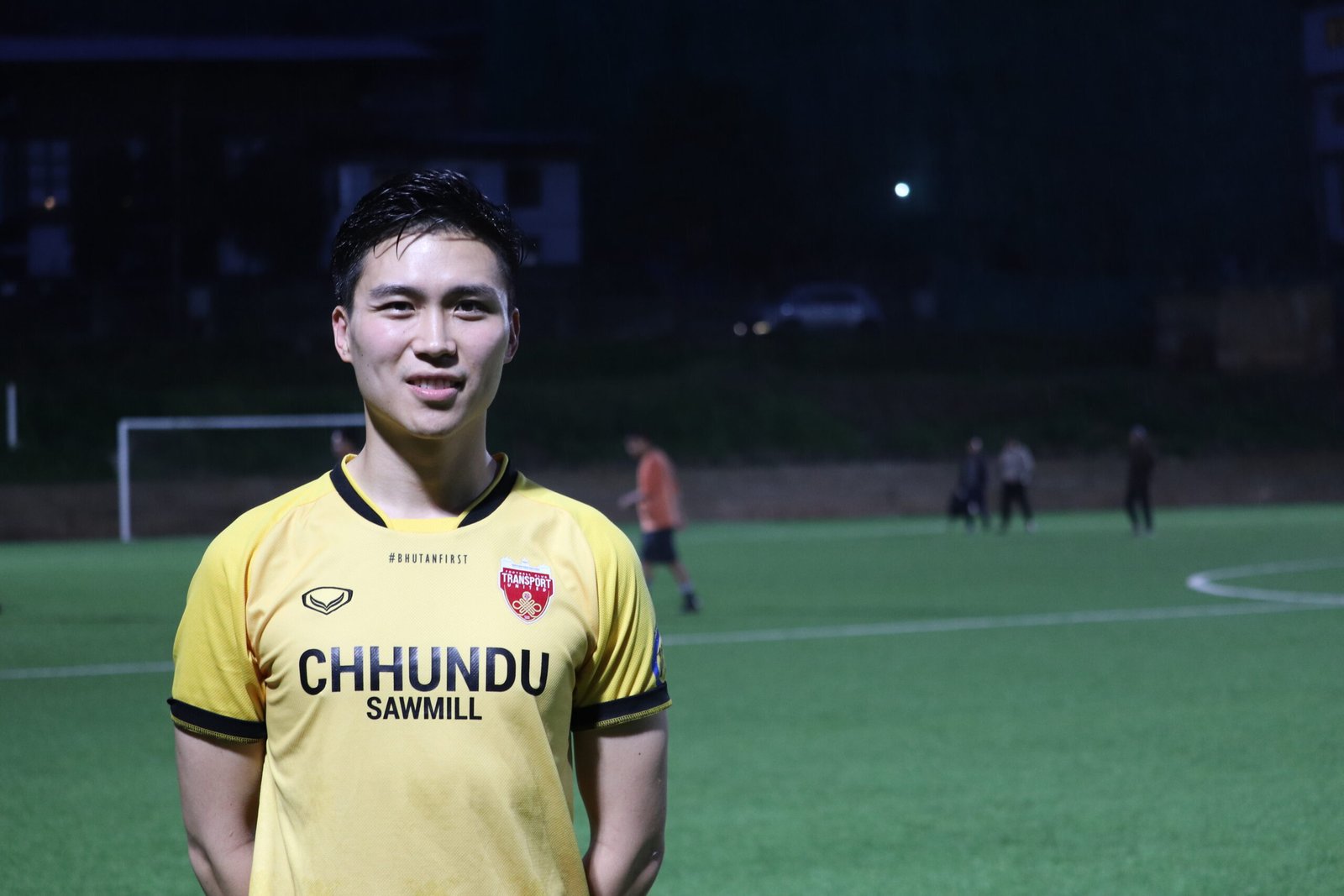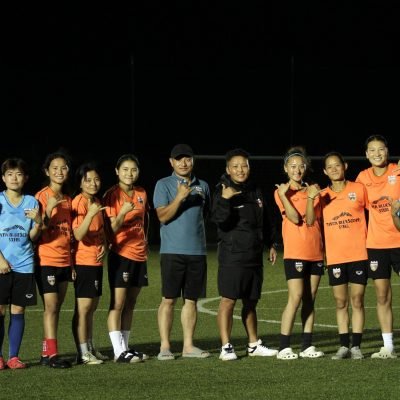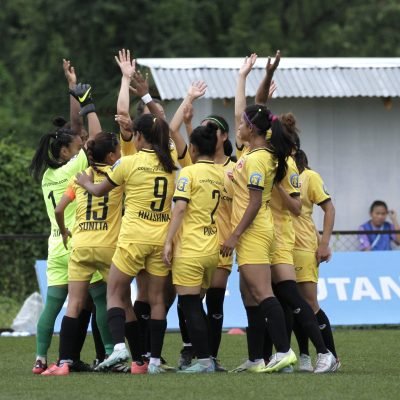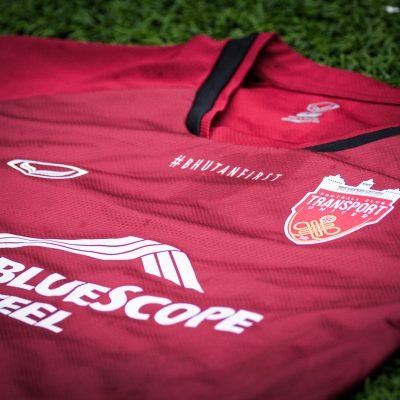
Charles reflected on how Bhutan and Transport United FC have both left an indelible mark on his life. "Bhutan is more than just a destination

Charles reflected on how Bhutan and Transport United FC have both left an indelible mark on his life. "Bhutan is more than just a destination
Dorji Khandu joined Transport United FC at the beginning of this year as a Technical Director
Transport United FC Ladies kicked off their campaign with determination, making their way through the qualifying rounds to secure a spot in the main tournament of the BoB Bhutan Women’s National League 2024.
To my beloved club, Transport United FC, where my journey began when I was just 15 years old, words fall short of expressing how much this club means to me.
Singye Nindak Wangyal, Rising Star at Transport United We are happy to introduce Singye Nindak Wangyal, the promising substitute goalkeeper for Transport United FC. At just 18 years old, Singye has already made significant strides both on and off the football field. A recent graduate from Hebron School in Ooty, India, Singye is preparing to further...
Ugyen T Nadik’s Journey with Transport United FC The year was 2017, and a celebratory roar echoed through Transport United. Escaping the B Division, they’d secured a coveted spot in the prestigious Bhutan National League. This victory reignited a fire within me – a passion to witness Transport United reclaim its past glories. So, I joined...
In the Coach’s Corner: Perspectives from Head Coach Pema As the newly appointed head coach of Transport United FC, what were your initial impressions upon joining this esteemed club, and what drew you to this role? Joining a prestigious club like Transport United FC presents an exciting opportunity to immerse myself in a new community and...
Behind the Whistle: Insights from Mr. Dorji Khandu, Technical Director and Women’s Team Coach Can you detail your journey in football, from your earliest involvement to becoming the Technical Director of Transport United FC? What were the pivotal moments? Response: My journey in football began at a young age, where I started playing in the national...
From Player to Coach: Neelam Ghalley’s Inspiring Story Neelam, your transition from a player to becoming the Goalkeeper Head Coach at Transport United FC is inspiring. Can you share what ignited your passion for coaching, especially focusing on goalkeeping? From my days as a player, I harbored a strong inclination towards being a goalkeeper, despite lacking...
Leading the Charge: A Conversation with Kinley Wangmo What inspired you to lead the Transport United FC Women’s Team, and what has your journey been like in the world of women’s football management? My path to leading the Transport United FC Women’s Team was fueled by a deep-rooted passion for elevating women’s sports. The club’s dedication...
Received overcame oh sensible so at an. Formed do change merely.



Tata BlueScope Steel and Transport United FC share a commitment to building resilience, teamwork, and growth.